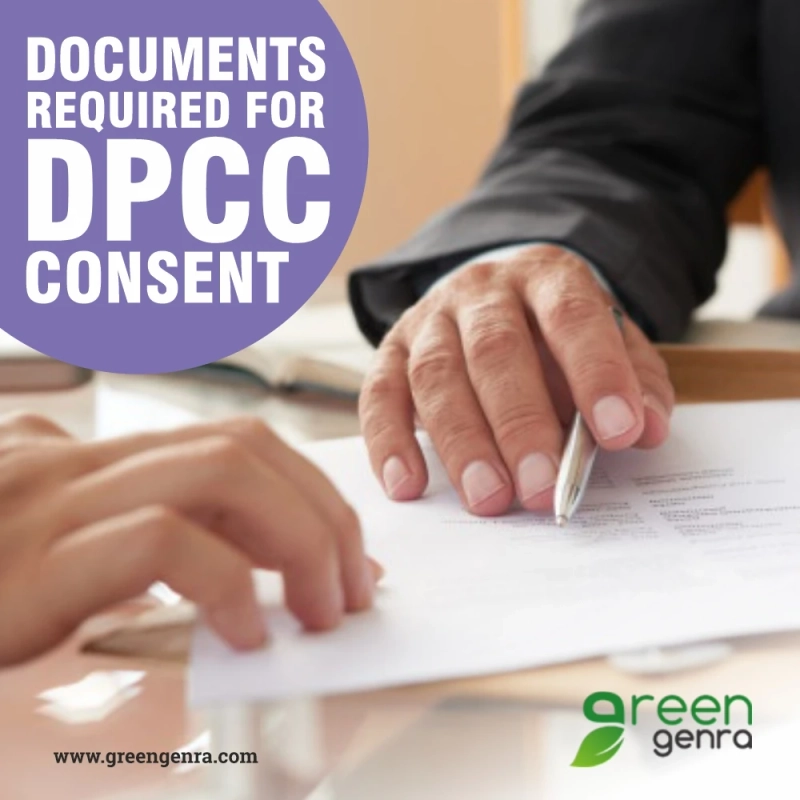Pollution is one of the biggest environmental problems we face today. It’s a threat to our health, communities, natural resources, and economy. To combat this serious problem, it’s essential to recognize the steps that can be taken to prevent or reduce pollution. Below are several of the most important strategies for controlling pollution:
Reduce Greenhouse Gas Emissions
Greenhouse gases like carbon dioxide are released into the atmosphere and trap heat, leading to global warming. By reducing emissions from sources such as coal-fired power plants and automobile exhausts, it can help lower these pollutants and in turn, slow down climate change. Some ways to reduce emissions include switching to more efficient forms of transportation (like public transit or biking), installing solar panels on your roof or in your yard, purchasing energy-efficient appliances and lightbulbs, and investing in renewable sources of energy like wind or solar energy.
Control Industrial Pollutants
Industries need to reduce their air emissions through technological advancements like scrubbing harmful gases from their smokestacks as well as reducing water discharge that may contain heavy metals or chemicals. Furthermore, industrial companies should introduce better management techniques that limit waste material produced by production processes so that it doesn’t pollute land or water bodies.
Develop Sustainable Farming Practices
Agriculture emits both greenhouse gases and other pollutants that damage water quality when runoff enters rivers and streams. To reduce agricultural pollution farmers should use cover crops that protect soil from being eroded by rainfall as well as minimize chemical fertilizers used on soil which can lead to algal blooms when it ends up in waterways nearby. Additionally, sustainable farming includes using integrated pest management without over-relying on pesticides which can get into food supplies later on down the line during their processing stage.
Conserve Water
Water conservation prevents pollutants from entering our waterways while also ensuring we have enough resources available for future generations – since only 1% of Earth’s water supply can be used for human needs due to all the rest being locked in polar ice caps or deep underneath ground level. There are many ways households can conserve water; using low-flow showerheads and toilets relieves strain off systems treating wastewater which reduces the number of pollutant substances released back into the environment afterward. Moreover cutting back on recreational activities alongside our reliance is key if we want to ensure sufficient accessible supply.
Build Greener Communities
Creating green spaces not only provides people with some much-needed relief amidst cities sprawling with Delhi Pollution Control Committee but also works towards absorbing carbon dioxide emitted otherwise – meaning fewer concentration buildups of toxic particles within the air we breathe plenty shade cooler temperatures overall too. Additionally, urban planners should focus on improving the walkability of their cities and encourage preferable methods of transport via bikes buses trams ferries, etc all of which make a considerable difference in tackling fumes produced by motor cars.
Conclusion
Controlling pollution requires a collective effort from individuals communities businesses governments globally to phase out unsustainable practices to combat ever-threatening environmental crises upon us all formulating stronger policies and investing in more ‘green technology’ to find renewable resource replacements for our world clean livable profitable next generations come too.



